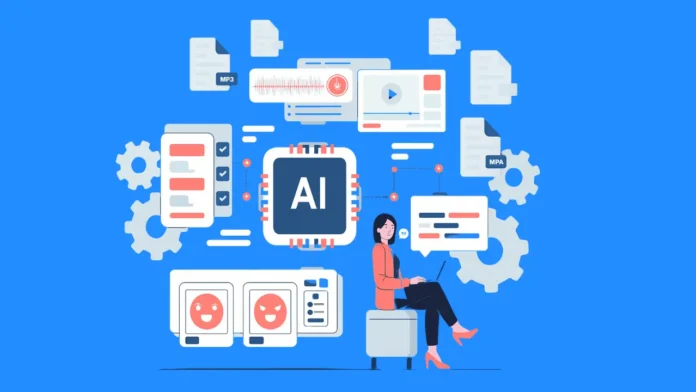Visual content is the basic foundation of modern marketing. Every brand depends on images to connect with audiences across different digital platforms. But creating new visuals for every project takes time and resources. This is where images to AI becomes an effective tool for repurposing visual content and keeping marketing materials fresh and engaging. By converting static visuals into dynamic videos, brands can maximize the value of their existing assets without starting from scratch. Let’s take a look at how this technology helps brands reuse, refresh, and elevate their content effectively.
How Can Images to Video AI Help Brands Repurpose Visual Content?
Transforming Static Images into Engaging Motion Videos
Most brands already have a collection of high-quality product photos, infographics, or digital artwork. Instead of leaving them unused after one campaign, images to video AI can convert them into motion-based videos with smooth transitions, zooms, and effects.
This transformation quickly grabs attention on platforms like Instagram, YouTube, and TikTok, where videos tend to perform better than still images. A simple product photo can become an animated promotional clip, making the same content more interactive and appealing to viewers.
Reducing Time and Effort in Video Production
Traditional video production involves filming, editing, and post-processing, which can take a lot of time. With Klyra AI powered tools, this process becomes quick and more efficient. The platforms automatically generate professional-quality videos from existing images, reducing the need for complex editing or manual effort.
Marketers can now create promotional videos, product ads, or event recaps within minutes. This helps in reducing both cost and workload while allowing creative teams to focus more on storytelling and campaign planning.
Maintaining Consistent Brand Identity
One important component of brand recognition is consistency. When you convert existing images into videos using AI, your branding elements such as colors, typography, and layout remain same.
For example, an online store can turn product catalog photos into animated display videos without changing their design. This helps in keeping all content visually aligned, making it easier for customers to easily recognize the brand across different platforms.
Adapting Content for Different Platforms
Each digital platform requires a specific video format. Klyra AI makes it easy to create platform-ready videos by adjusting the aspect ratio. You can choose 9:16 for vertical videos suitable for TikTok and Reels, 16:9 for YouTube, or 1:1 for Instagram posts.
Adding motion effects, background music, or camera transitions can also enhance the appeal. A brief clip made from a single image can tell a complete story and keep viewers engaged.
Enhancing Engagement and Reach
Video content regularly outperforms static posts in terms of reach and interaction. By converting images into motion videos, brands increase the chances of capturing attention and encouraging viewer engagement.
Algorithms on most social platforms prioritize video-based content, which helps in gaining more visibility. This results in improved brand reach, better conversions, and stronger audience connections.
Conclusion
Images to Video AI offers brands an effective way to repurpose their existing visuals without additional effort or expense. It allows marketers make the most of their creative assets by enhancing engagement, adding motion, and maintaining brand consistency.
With platforms like Klyra AI, users can easily transform images into high-quality videos in just a few steps. Whether for marketing, education, or creative storytelling, this technology helps brands produce impactful visual content quickly and efficiently.

